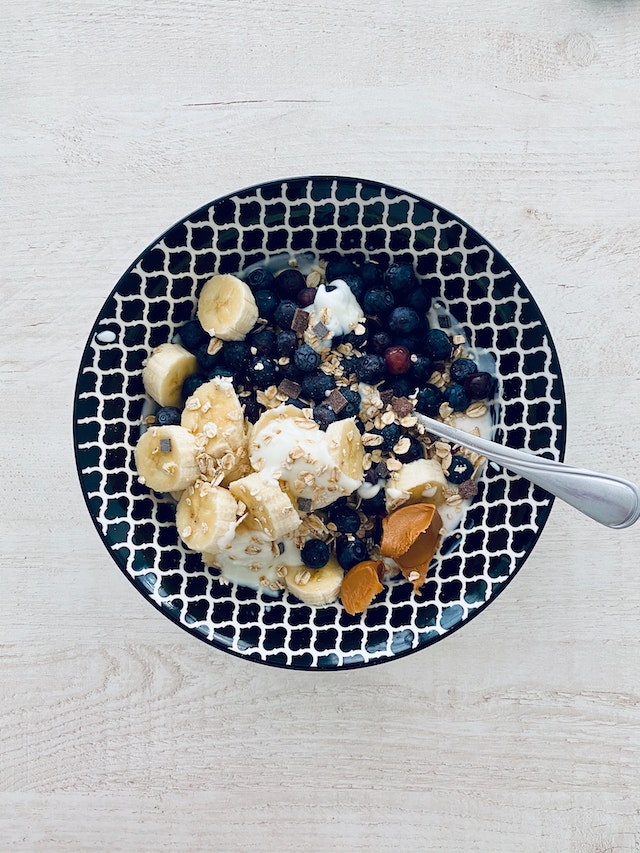Introduction:
Sugar has long been a subject of controversy when it comes to weight loss. With various myths circulating about its effects, it’s essential to separate fact from fiction. In this comprehensive guide, we debunk five common myths about sugar and its relationship with weight loss. Armed with the truth, you can make informed decisions about your sugar consumption and pave the way for a successful weight loss journey.
Cutting Out All Sugar Leads to Quick Weight Loss
One of the most pervasive myths is that cutting out all sugar from your diet leads to rapid weight loss. While reducing added sugars and high-calorie sweeteners can be beneficial, eliminating all forms of sugar is unnecessary and may not yield the desired results. Natural sugars found in fruits, vegetables, and dairy products provide essential nutrients and fiber that contribute to a balanced diet. Moderation is key when it comes to sugar, and focusing on overall calorie intake and nutrient-dense foods is more effective for sustainable weight loss.
Artificial Sweeteners are the Perfect Sugar Substitute for Weight Loss
Artificial sweeteners are often marketed as a calorie-free alternative to sugar, promising to aid weight loss. However, research on their long-term effects is mixed, and some studies suggest they may even have negative impacts on metabolism and cravings. Additionally, consuming artificial sweeteners may lead to a preference for overly sweet foods, making it harder to break free from sugar cravings. Opting for natural sweeteners like stevia or using sugar in moderation might be a more balanced approach for weight management.
All Sugars are Equal in Their Impact on Weight Gain
Not all sugars are created equal, and their impact on weight gain can vary. Added sugars found in processed foods, sugary beverages, and desserts provide empty calories and can contribute to weight gain when consumed in excess. On the other hand, sugars naturally present in whole foods like fruits and vegetables come with essential nutrients and fiber, promoting satiety and supporting weight management. Being mindful of the source of sugar in your diet can make a significant difference in your weight loss efforts.
Going Sugar-Free Automatically Leads to Healthier Food Choices
Adopting a sugar-free diet doesn’t guarantee healthier food choices. Sugar-free products often contain artificial additives and may still be highly processed and high in calories. Manufacturers might replace sugar with other unhealthy ingredients to maintain taste and texture. Instead, focus on consuming whole, unprocessed foods that are naturally low in added sugars. Pay attention to food labels and choose products with minimal ingredients and no added sugars.

Natural Sweeteners are Always a Healthier Option
Natural sweeteners like honey, maple syrup, and agave nectar are often touted as healthier alternatives to refined sugar. While they do offer some additional nutrients, they are still forms of sugar and can contribute to weight gain if overconsumed. Portion control is essential when using natural sweeteners, just as it is with any other sugar source. Being aware of the total sugar intake, regardless of its source, is key to maintaining a healthy balance in your diet.
Conclusion:
By debunking these five common myths about sugar and weight loss, we hope to empower you to make more informed choices for your health. Remember that sustainable weight loss comes from a balanced diet, moderation, and a focus on whole, nutrient-dense foods. While reducing added sugars is beneficial, demonizing sugar entirely can lead to unnecessary restrictions and frustration. Embrace a mindful and balanced approach to sugar consumption,and pave the way for a successful and healthier weight loss journey.




